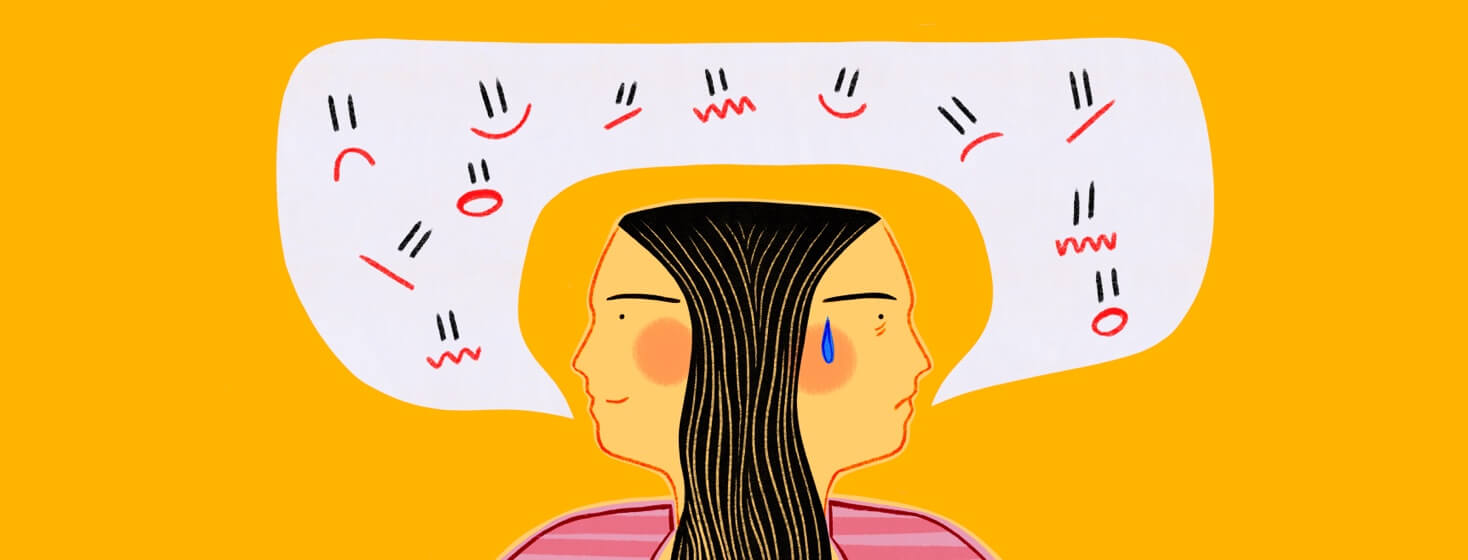Be More Than Happy, Sad or Angry
A while back I wrote about people needing to be able to express themselves clearly and in detail when consulting with their MS neurologist. My premise was it’s not enough to answer “I’m fine” or “nothing is different” when we are quizzed on how we are feeling. We have to be able to describe, in relatable terms, what we are going through.
The importance of words
Recently this topic came to me again, thanks to Atlas of the Heart: Mapping Meaningful Connection and the Language of Human Experience, a bestselling book by Brene Brown. She made the usual morning talk show rounds promoting the book and I was able to hear her a number of times discuss the premise that our ability to express our experiences and emotions has slowly come down to three basic words when people are asked - we are often either happy, sad, or angry. We need language (words) to create communication with others, and these three simple words are just not enough to get the job done adequately.
Expressing my emotions
Taking this to heart and my brain, I have been trying to reconstruct my vocabulary to include much more than the basics. A simple exercise I have been doing is to select a letter of the alphabet, and then create my own list of emotions/feelings that match that letter.
The example I can give you to most clearly illustrate this idea is I recently had left hip replacement surgery, which went really well. But then I took a tumble and messed up my right knee and now I am facing knee replacement surgery. I immediately got stuck beyond just being angry and sad, and realized I was also depressed. And then I thought of all the D words that fit my situation.
Depression and more
Depressed still heads the list because I am beyond sad, I am depressed about this misfortune. My D words also include despondent, disappointed, dejected, disheartened and discouraged. When my surgeon asked how I was, I gave her my D list and she felt challenged to flip the dialogue and come up with her own positive emotions beginning with D. Her list was much shorter than mine, and the best she could counter with was determined.
Working through the alphabet
I’m not stuck on words that begin with the letter D. I have begun working my way through the alphabet to jog my memory and emotions on as many levels as possible. I would challenge you to play along with me - let’s begin with A and replace the happy, sad, and angry with alternative terms.
A is for awesome, anxious, as well as agitated.
B might be for brave, bearish, and bummed.
C could be courageous, cruddy, and curt.
And so on for the rest of the alphabet...You get the idea.
The benefits of expanding our language
Not only might this help us expand our language when connecting with others and especially our medical team, but it is also a good mental exercise and could have emotional benefits as well. If you need help getting started, I would point you to www.synonyms.com, a website that comes up with synonyms (words that mean the same thing) as a good source when you run out of your own words. This site lists 32 synonyms for the word 'happy'. It also gives me 6 alternative words for 'depressed'.
Give it a try and maybe the next time someone asks ‘how are you?’ you might think of this technique and be able to better express your emotions.
Wishing you well,
Laura

Join the conversation